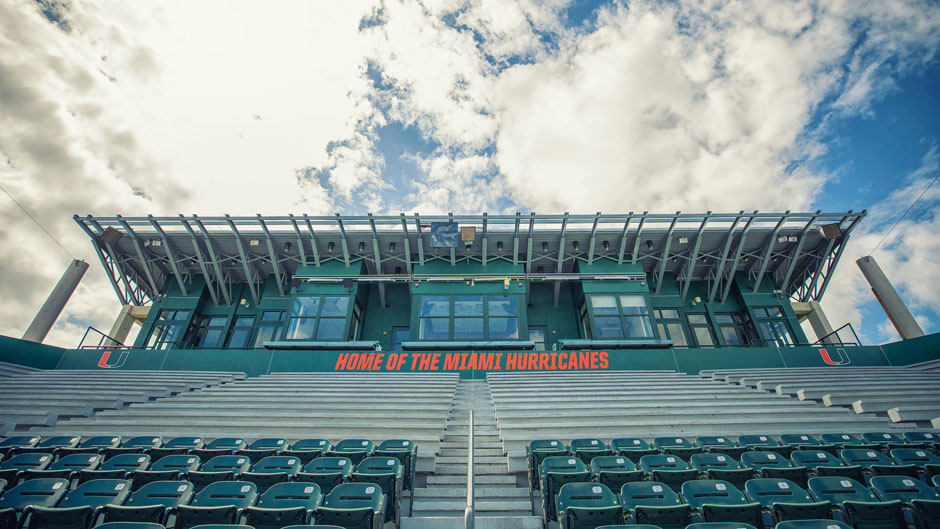From the hardwood of The Garden to the diamond at Wrigley Field to the greens of Augusta, the nation’s most iconic arenas, ballparks, and playing fields have gone silent as professional sports leagues have either canceled or postponed their seasons because of the novel coronavirus.
The NCAA has also responded to the crisis, calling off its 2020 winter and spring championships.
The standstill in sports is essential, of course. The mass gatherings that are typical of many athletic competitions only contribute to the spread of the virus, the Centers for Disease Control and Prevention has warned.
Fans undoubtedly miss the games—the cheering, the energy, the nail-biting drama of a hotly contested game. Many will agree that the current hiatus is insignificant given the dire circumstances our nation—indeed, the world—now faces. The towering home runs, thunderous dunks, and spectacular slap shots will return, eventually. But when is difficult to say.
So, for now, the sports industry, along with the fans, must endure the temporary loss.
Windy Dees and Tywan Martin, associate professors in the Department of Kinesiology and Sport Sciences at the University of Miami School of Education and Human Development, weigh in on the impact of COVID-19 on sports.
How will the pandemic impact amateur and professional sports economically and from a marketing perspective?
The cancellation of games at the intercollegiate and professional level will cost the leagues billions of dollars. The NCAA, for example, makes almost $1 billion annually from their media rights deal with March Madness alone, which will not take place. That means the league will not be able to distribute their annual payout to all the member schools. This financial setback could hurt every NCAA athletic department in a major way next season. The NBA and other professional leagues will also see sponsors looking to recoup money that was paid for advertising that won't take place. It is going to be a very difficult time in the sports industry.
—Windy Dees
Many people will miss watching the NBA, Major League Baseball, and the NHL, as well as other sports like soccer and even golf, on television and in person. How will they fill the void?
It will be awful for sports fans. But they will find other things to watch, read a lot of books, take up new hobbies, and probably reconnect with friends and family in a way that maybe they weren't doing before the sports world stopped turning. Honestly, it may be the best thing to happen to live sports in a long time when things return to normal. Live sports attendance has been in decline for years now, and maybe this hiatus will make people appreciate the communal nature of events once again.
—Windy Dees
The major sports leagues were among the first to announce cancellations and postponements because of the coronavirus. Has the sports world actually set an example of how we can all do our part to combat this virus?
It’s interesting to think that sports helped to lead our response to the COVID-19 situation in our country—interesting from the perspective of the power of sports to galvanize the human spirit in unimaginable ways. As we continue to work through this situation, I would not be surprised if more goodwill efforts—such as those by the Dallas Mavericks and Golden State Warriors in creating programs to assist employees losing pay as a result of COVID-19—will be seen throughout the sports industry. I am absolutely confident that more goodwill and social responsibility efforts will be needed, if not required, of sports to respond in ways that help to bring effective social change in communities around the world.
—Tywan Martin
Large-scale gatherings are the most risky places for people to be right now. The sports industry would be a major contributor to the spread of COVID-19 if it wasn't for the prudent leadership of sports commissioners shutting down entire leagues indefinitely. It is not easy trying to balance health risk with business risk, but that is what these sports leaders have been tasked with doing. They are trying to prevent the spread of the virus to their players, staff, and the community, while also attempting to ensure that their organizations remain viable and employees are financially secure.
—Windy Dees
What will we learn from this crisis?
Hopefully it reminds us of something that we should be aware of every day—that these are games. In times of crisis, they are not truly important. But when it is time to gather again and heal, they are of the utmost importance.
—Windy Dees

